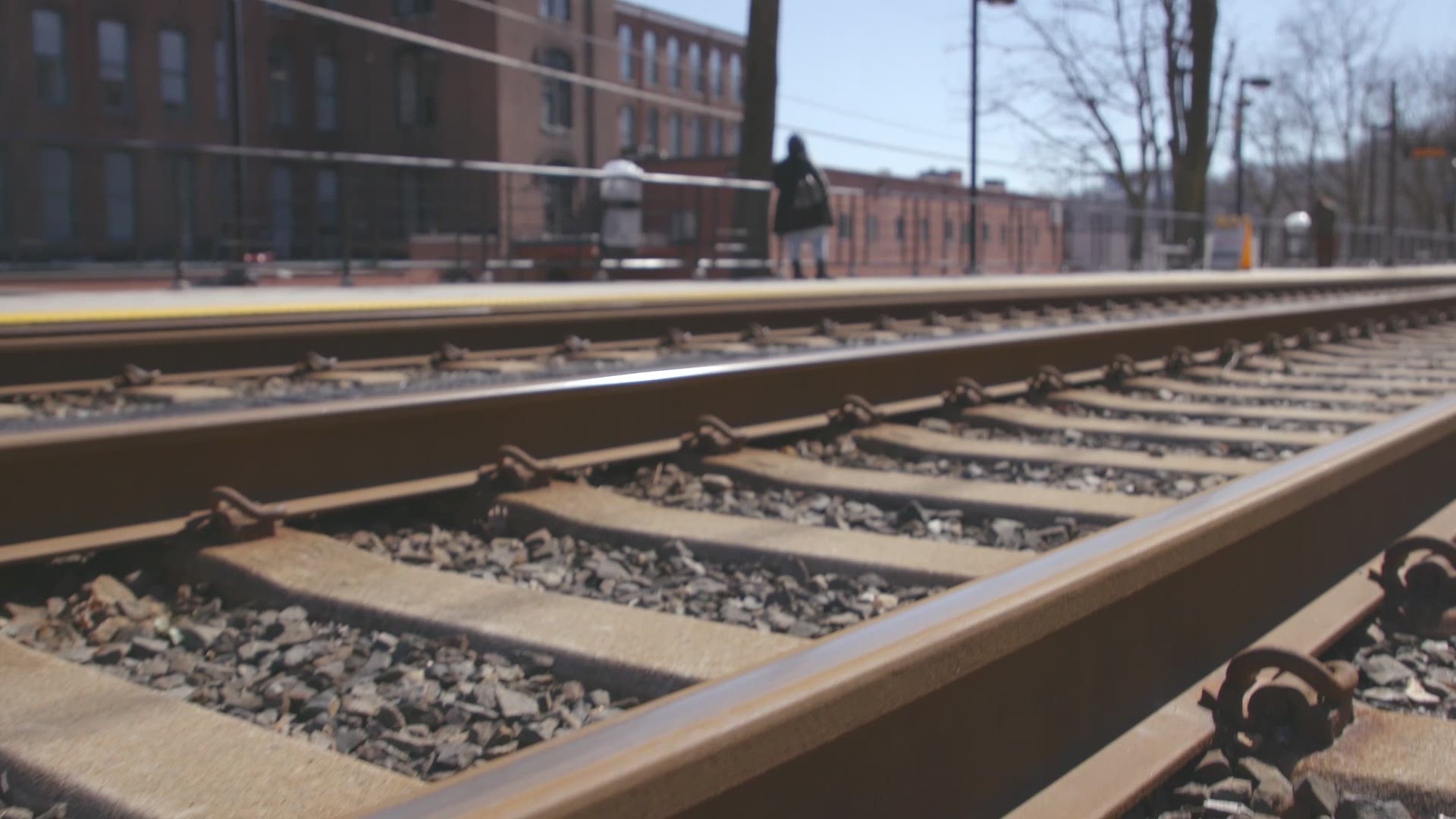BALTIMORE — Around the time your clocks move forward every spring, millions of college sports fans find themselves losing more than an hour of productivity. Why?
Spring forward happens right around the start of the March NCAA Basketball Tournament. A 2018 OfficeTeam survey of more than 1000 workers found the average worker loses approximately six hours of productivity throughout the tournament, with an average of 25.5 minutes a day spent on sports-related activities such as checking scores and team rankings.
That’s a lot of time and attention spent on NCAA student athletes, and there is an ongoing debate about whether those athletes should be able to make more money playing the sport.
A key federal court case called, “National Collegiate Athletic Association Grant-In-Aid Cap Antitrust Litigation” case looks at what amateurism means when sports can bring in millions of dollars to their institutions. More than 40,000 current and former college athletes joined the class-action lawsuit calling for athletic conferences to be able to set their own rules about compensating athletes beyond the price of their education. On March 8, 2019 Judge Claudia Wilkin ruled college football and basketball players could receive more payment than they do now, but that had to be limited to education-related expenses such as postgraduate scholarships and computers which could be capped by sports conferences. The ruling faces likely appeals.
An Imperfect Union traveled to Baltimore to talk with two men who share a passion for college athletics, but disagree about whether the student athletes should be paid.
Rodney Elliott
Rodney Elliott says without college athletics, he would never have been able to afford to get his degree. He grew up in Baltimore with a mom who worked long hours and a dad who he describes as “in and out of his life early on.” Elliot says his hours playing time at the gym showed him he could work towards an opportunity to get his education for free. “Basketball was an outlet," he says. "It gave me a resource."
Elliot's skills took him from Dunbar High School in Baltimore to playing four years of Division I basketball at the University of Maryland. He went on to play professional basketball overseas for a decade. Today, Elliot is a community engagement specialist with the University of Maryland School of Pharmacy.
He earned his diploma from Maryland thanks to his basketball scholarship, yet he says as he grew older, he began to think scholarships aren’t enough to compensate today’s student athletes. He says, “I started to understand what goes into being a college athlete. You look at television deals, you look into the sponsorship deals, you start to understand it’s fun, but it’s definitely a business.”
Elliot says he understands it would be difficult to create a system determining which athletes would get paid, and how they would be paid. Despite that, he thinks it is worth the effort to try. He says, “Student athletes work really hard, and to see the amount of money that is generated, I believe it is time for them to get a piece of the pie. Plain and simple.”
Jonathan Yates
Jonathan Yates says sports have always been a huge part of his life. One uncle was a major league baseball player, another participated in college sports. He has taught a Politics of Sports course at the University of Iowa and he hosts “The Culture of Sports,” which is an online program which focuses on all aspects of athletics.
Yates' interviews with college and university athletic directors from across the country have convinced him paying student athletes is a bad idea. He says all the administrators he’s interviewed say the same thing: “If we have to pay our student athletes, there will be no athletic program at this school.” He also feels paying student athletes would benefit large universities, while disproportionately harming smaller programs.
“The athletic directors say (college athletes) are already paid, Yates says. "The scholarship, tuition, room and board and cost of attendance.” He points out student athletes also get health support, study support, athletic gear, fueling stations for food and more.
Yates holds degrees from Harvard University, the Johns Hopkins University and Georgetown University Law Center. He says more college athletes should take better advantage of their own education opportunities, with time to get one, two or even more degrees while they are scholarship athletes.
He says, “I ask every college athletic director when I interview them, ‘Do you know anyone who has turned down an athletic scholarship to instead graduate nearly $40,000 in debt like the average student?’” He says every athletic director has answered “No.”
Yates and Elliot had never met before their time together in Baltimore, yet by chance, it turned out Yates had watched Elliot play many times on the University of Maryland men’s basketball team.
Can't see the video below? Click here to see the full episode.
See how that shaped their conversation during the next full episode of An Imperfect Union on Facebook Watch.
An Imperfect Union brings together two people on opposite sides of an issue to work on a project in their community. Watch full episodes on Facebook Watch every Wednesday at 9pm ET.

